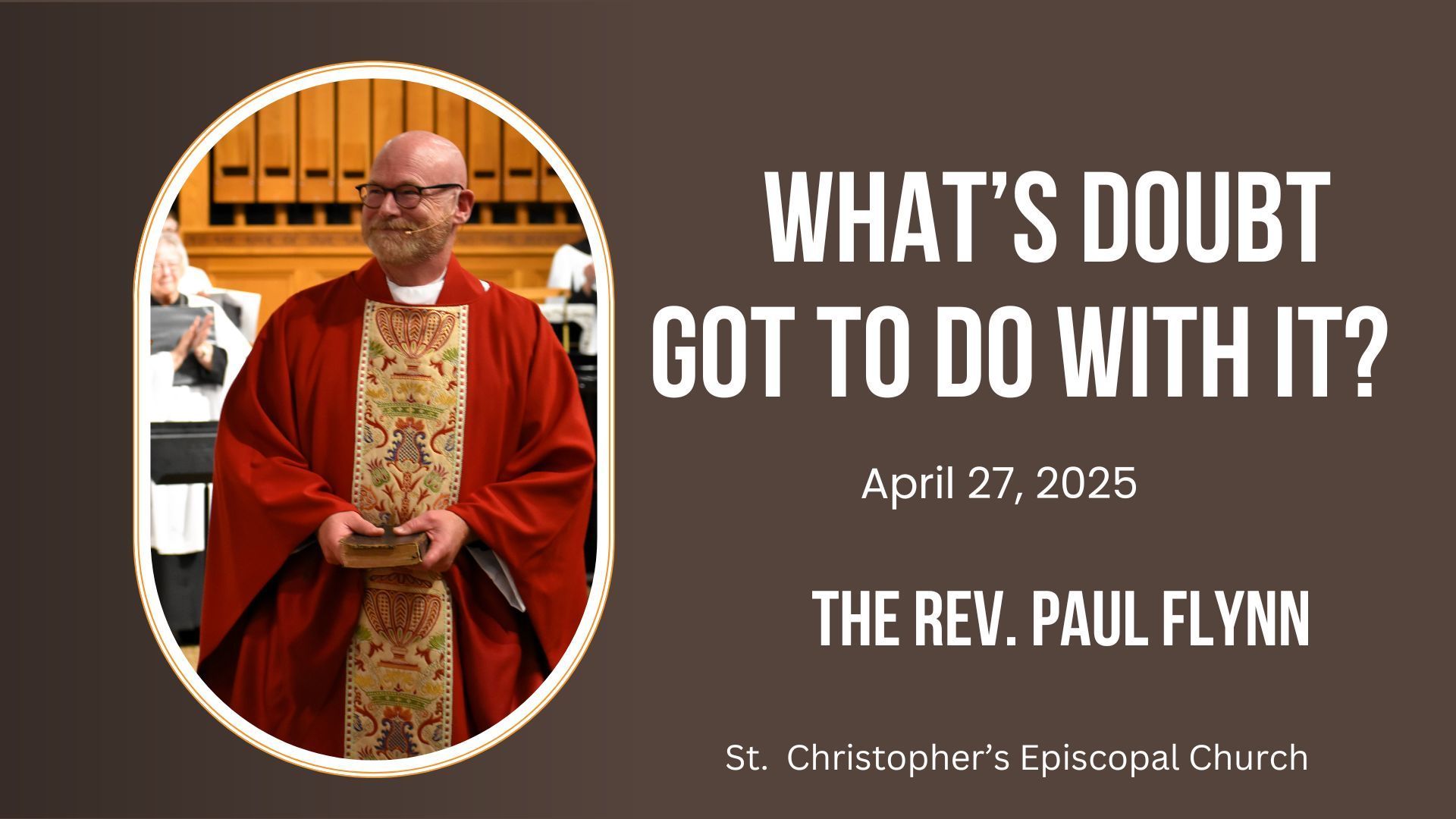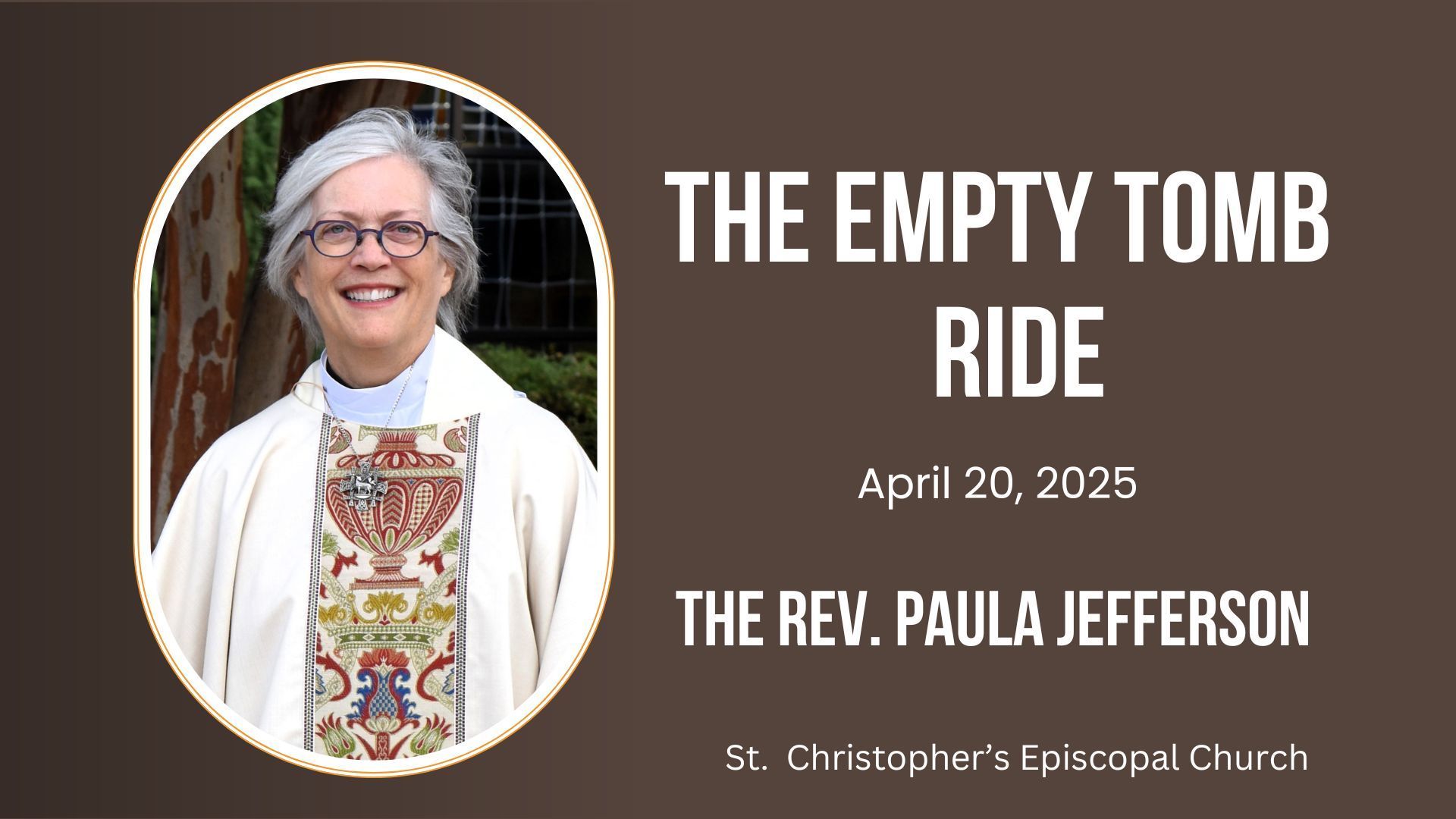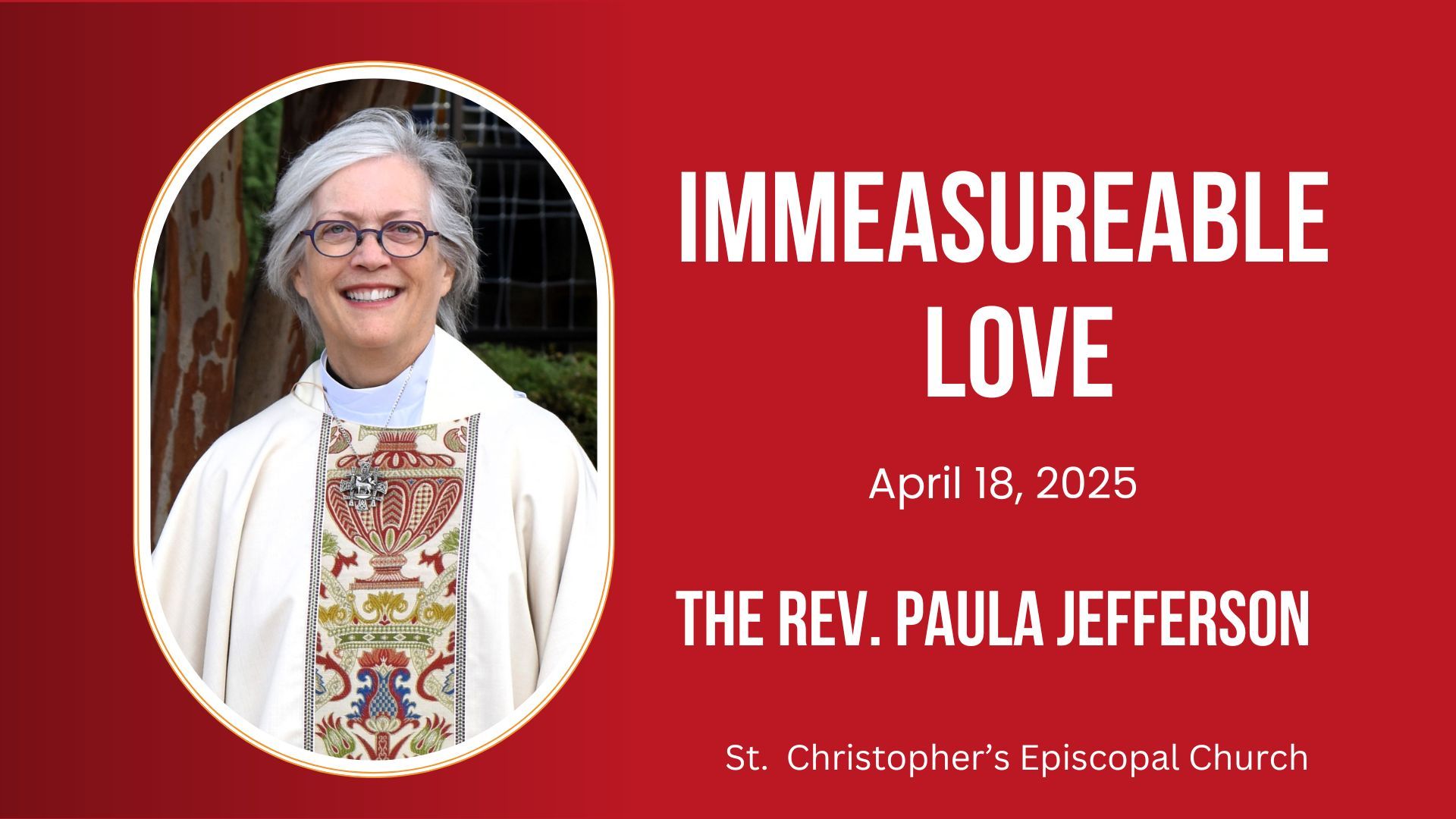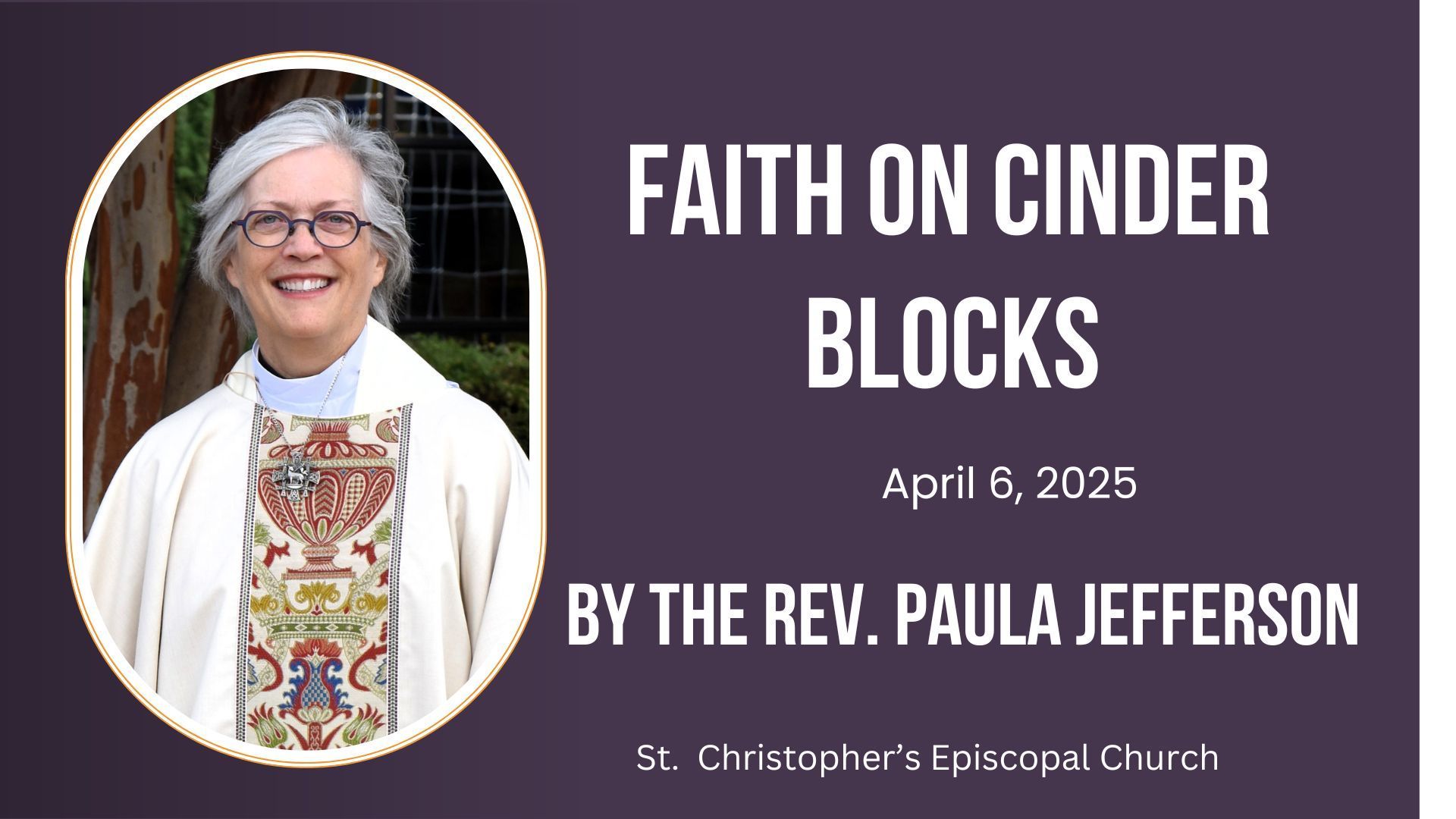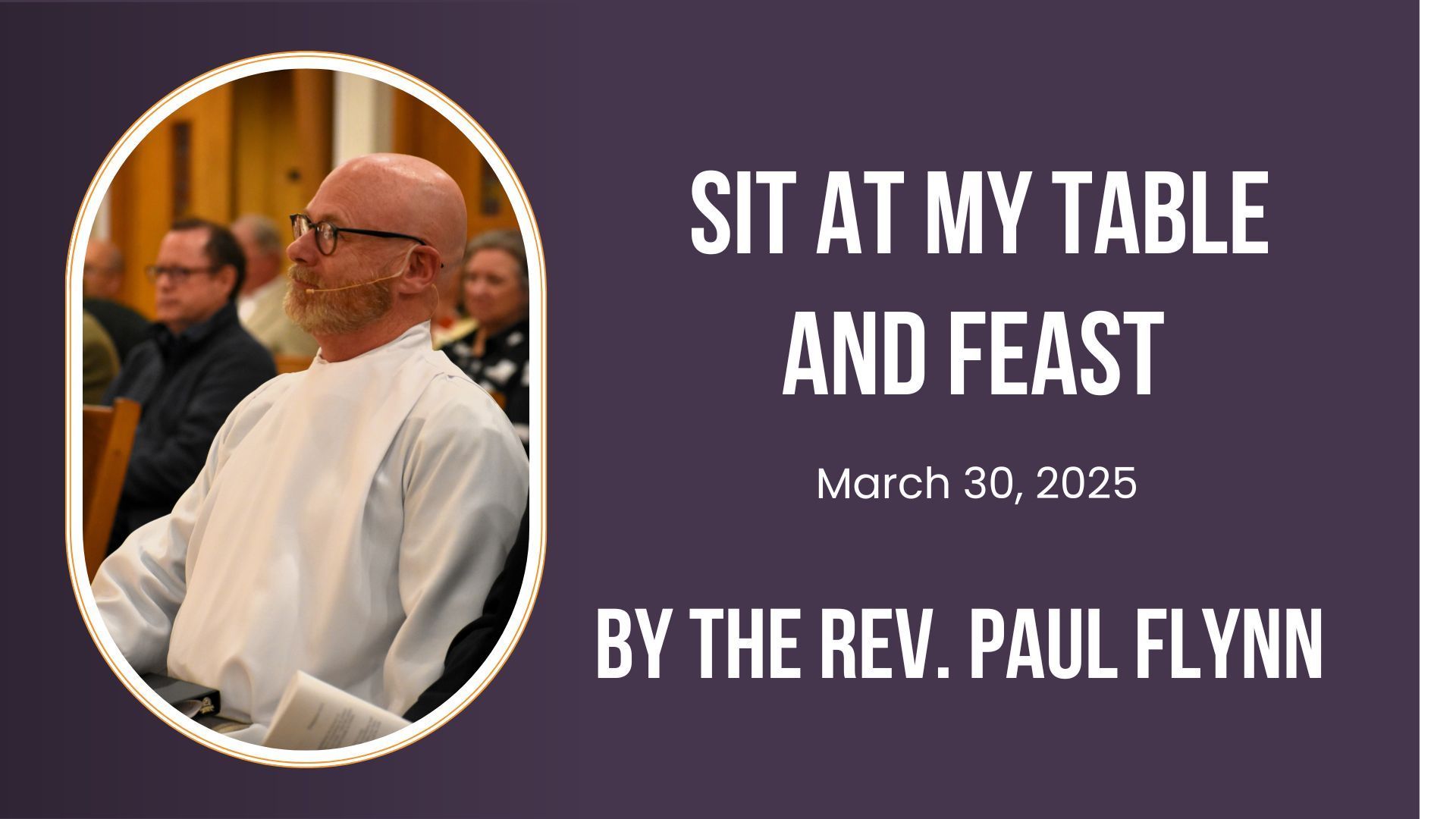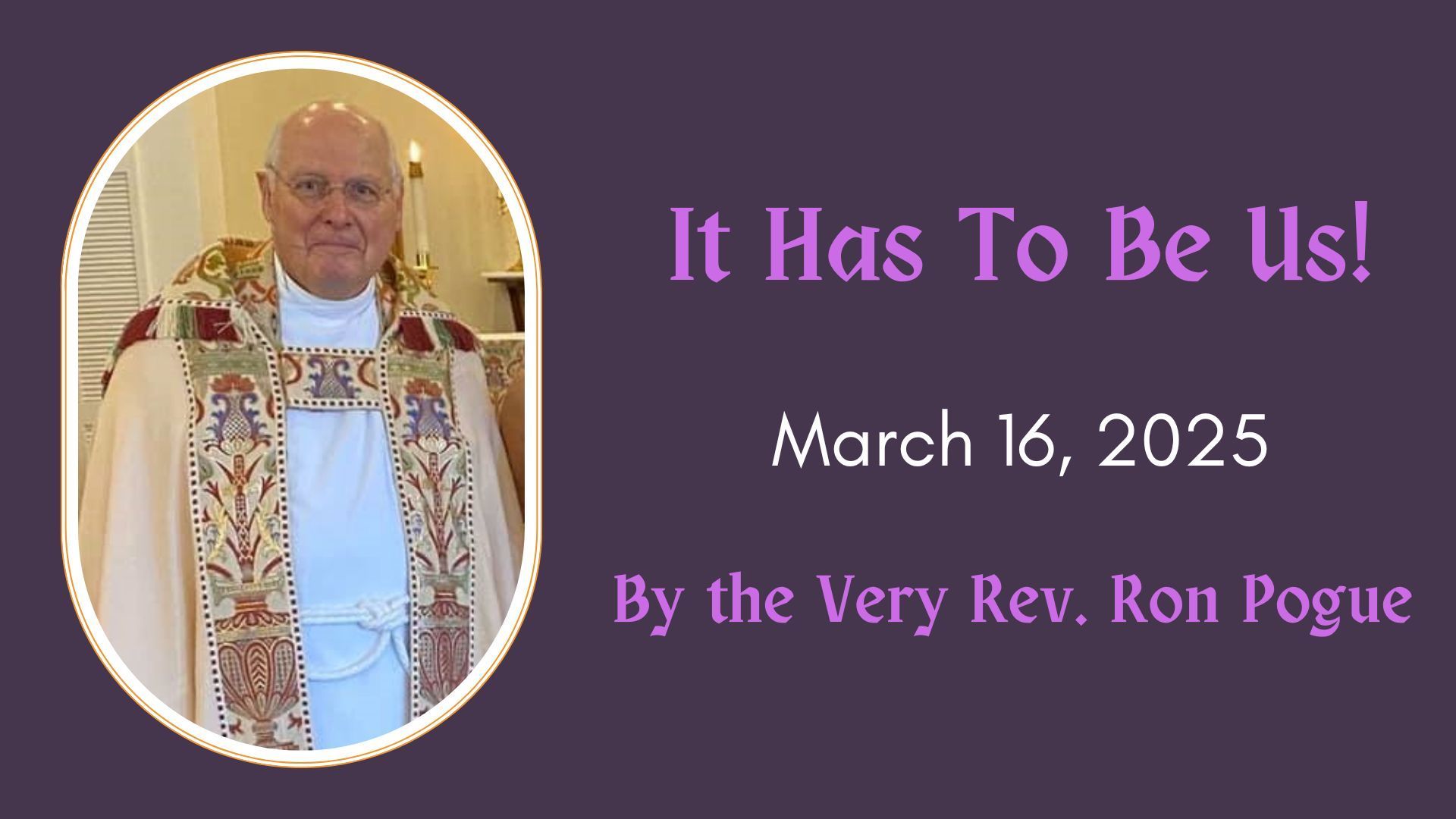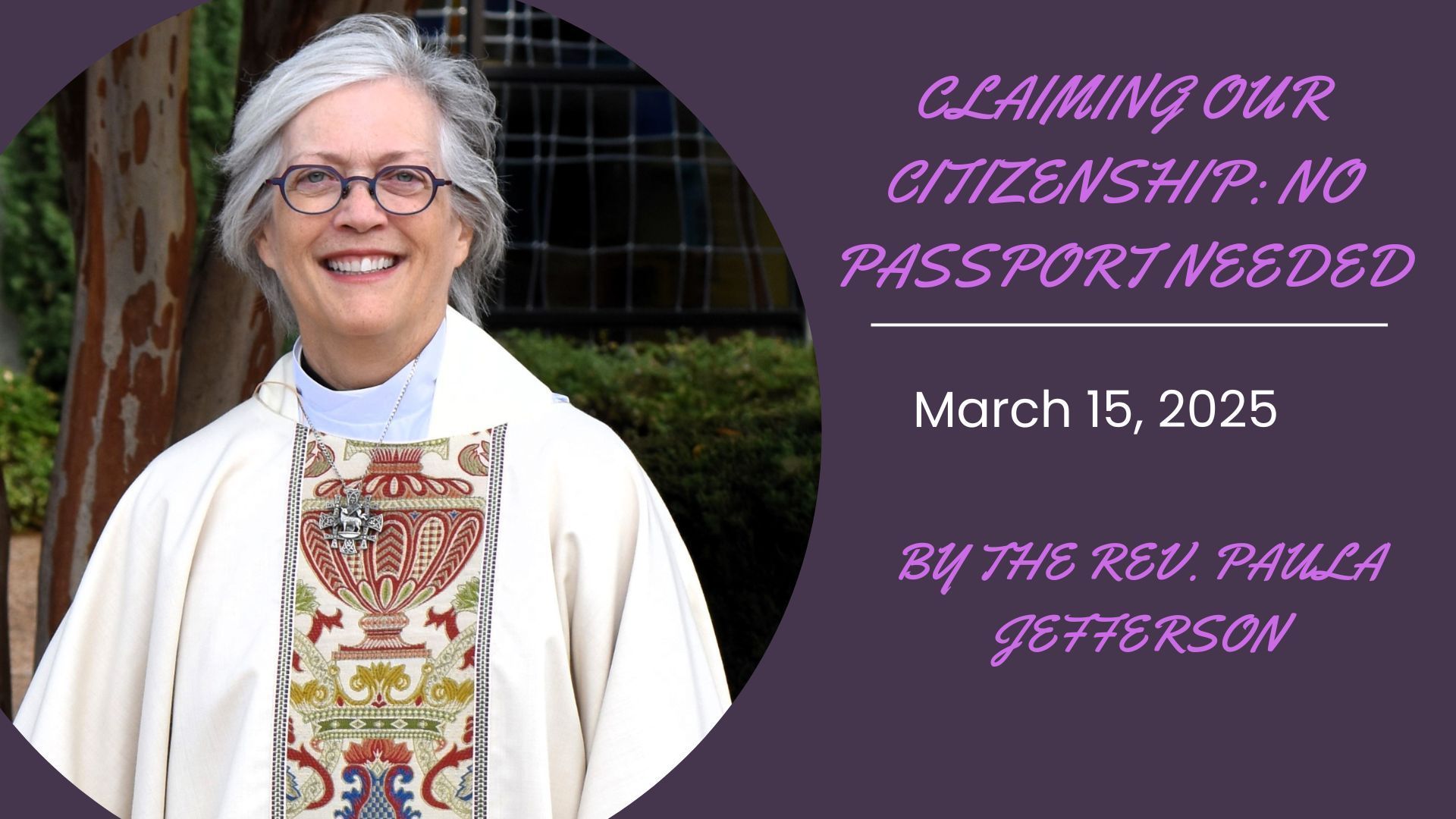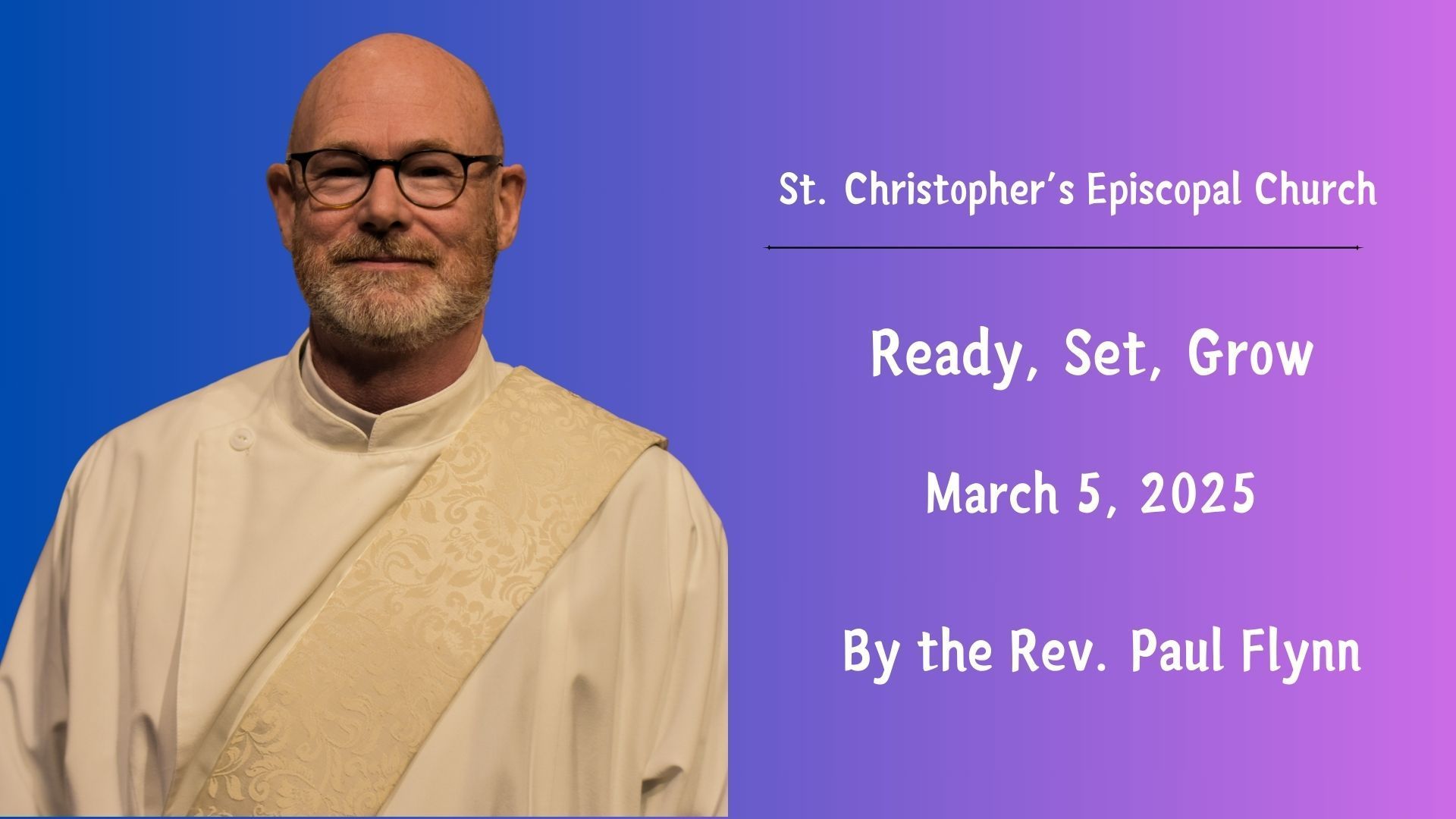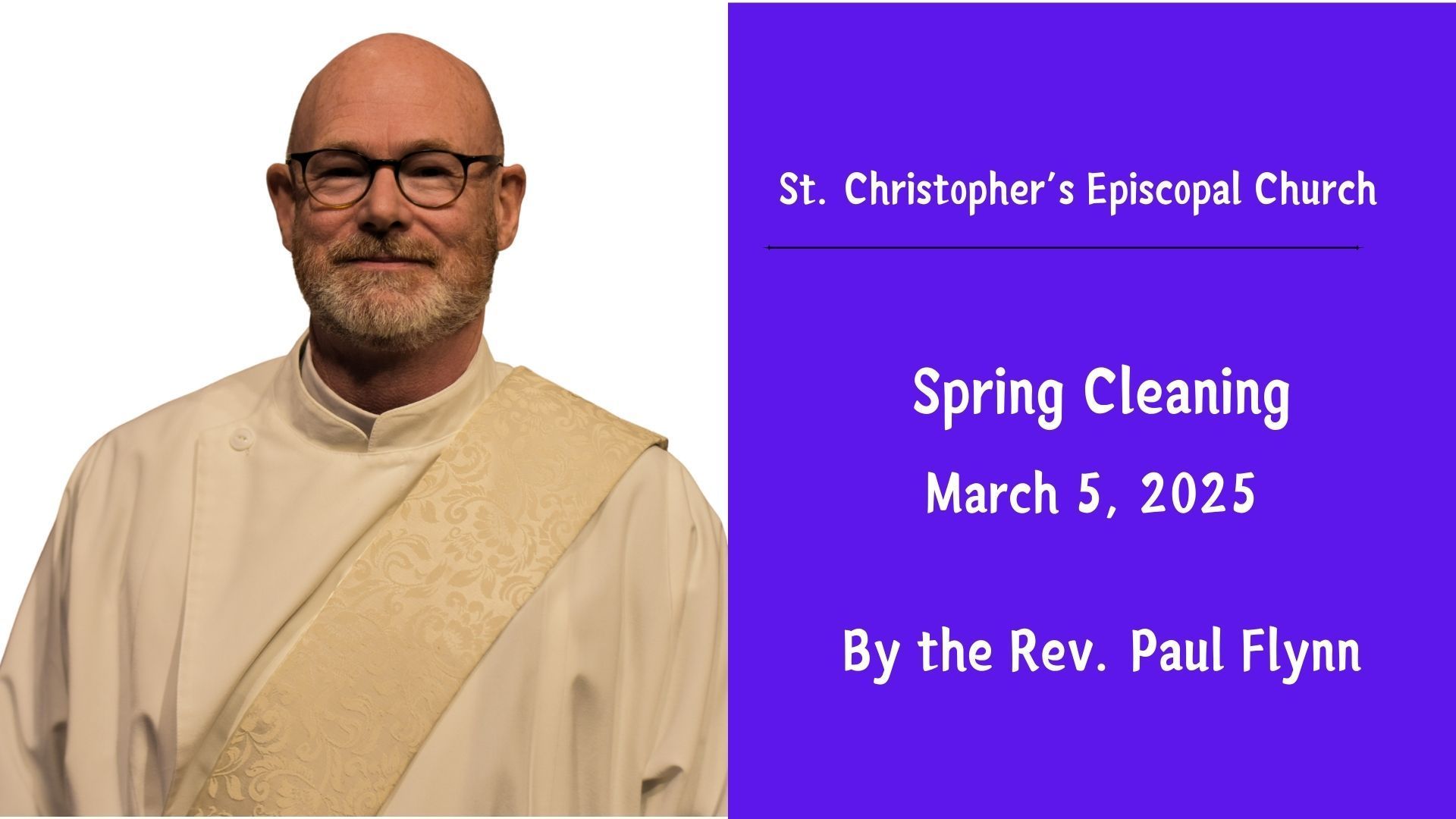It is good to be here with all of you today.
I wonder what the Spirit of the Lord might be saying to us through these scriptures.
As I prepared for our sharing today, I found that the lesson from First Samuel caught my attention. Lets review together what happened in that reading we just heard.
1. There was a man named Eli who was a High Priest and served God in the Temple.
2. There was a boy named Samuel who helped Eli with things in the temple and also lived there
3. It was no longer common in those days for folks to hear the word of the Lord or see visions
4. Samuel was not familiar with the voice of the Lord.
5. Samuel heard someone call his name three different times and thought it was Eli each time.
6. Eli finally figured out what was going on and told Samuel that God was trying to speak to him—and next time he should stay right where he was and say, “Speak Lord, your servant is listening.”
7. When Samuel did this, the Lord spoke to him and gave him a prophesy.
8. The next day, Eli required that Samuel tell him what he had learned.
9. Eli accepted the prophecy
10. Samuel became known as a trusted prophet.
I did some research and learned that Samuel was likely about 12 years old at this time.
I found that interesting because I was about 12 years old when my Youth Leader shared with me the idea that God wants to talk to us—and in fact talks to us quite frequently—but often times we are too busy to listen—or we simply have no idea that God might talk to us and so we don’t even think to listen.
I thought, that seems weird, would God really be interested in talking to people? So I began exploring this idea—what do we see in scripture?
Well, there was God at the beginning talking to Adam and Eve, and then God spoke to Noah and then to Abraham and to Jacob and of course God spoke to Moses and to Joshua and to Samuel and to Jonah and to Paul.
The more scripture I read, the more I realized that God has been talking to humanity for a very long time. So what does that mean for me and you?
Well, if God is able and willing to talk to all of them—maybe God is in fact talking to me too. So I began trying to tune my heart to hearing Gods voice. I began keeping a journal with me when I was praying and I would listen for a word from God and I would write down what I thought God was saying. And later I would check with people I trusted to see if that sounded like something God might be trying to tell me.
Sometimes like Samuel I would just hear the Lord saying my name. Sometimes I would feel God was asking me to do something like check on my neighbor or send a note to someone I knew. One time when I was about 18 and I was going through a really difficult time and I was trying to figure out what to do and I was trying to hear God about it—the dialogue went something like this
Me--"Lord, I am so confused I don’t know what to do."
Lord—"Melanie."
Me—"Yes, Lord?"
Lord—"Melanie."
Me—"Yes, Lord?"
The Lord—"Melanie, I love you."
Me—"Is that it? Just I love you? Is that all?"
The Lord—"No, Melanie, that is not all—that is Everything!"
And with that it struck home and I began to weep and things shifted inside of me.
So, I have given you each a piece of paper today and something to write with.
On that paper, is the quote from our scripture reading today, “Speak Lord, Your servant is listening.”
Now I am sure that some of you have a variety of ways you listen for God in your life—but some of you may be like Samuel in our story today—
“Now Samuel did not yet know the Lord, and the word of the Lord had not yet been revealed to him.”
I want to invite us all to listen for a moment.
God is not restricted by the capabilities of our ear drums or our hearing aids—God speaks in the stillness of our spirit.
Listen, in the quiet. Listen to God call you by name. And if the Lord happens to also say something more—feel free to jot it down so you can remember what it was you heard.
----------------------Sit In SILENCE for a little while-----------------------------.
And the Fourth time when Samuel heard the Lord calling, “Samuel. Samuel!
He responded, “Speak Lord, for your servant is listening.”


